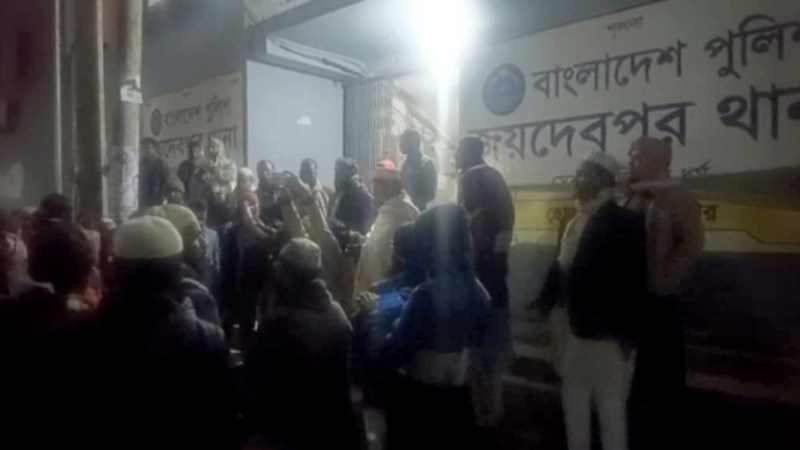

In Gazipur's Bhawal Mirzapur area, the arrest of an Awami League leader and subsequent protests by local Jamaat-e-Islami activists outside the police station have sparked significant political debate in Bangladesh and beyond.
The incident quickly became a topic of heated discussion, with coverage extending to neighboring India. Indian news outlet Sangbad Pratidin ran the headline: "Setting Aside Hostilities, Jamaat Rallies to Free Awami League Leader." The report highlighted, "In politics, nothing is permanent. This was proven once again in Gazipur, near Dhaka, where Jamaat-e-Islami activists, traditionally rivals of the Awami League, staged a protest to release an Awami League leader from police custody."
The leader in question, Shafiqul Sikdar, is the organizational secretary of the Mirzapur Union Ward No. 2 under the Awami League. He was arrested during a police raid on Friday night (January 4) in the Bhawal Mirzapur market area. After his detention, over a hundred Jamaat-e-Islami activists arrived at the police station, claiming him as one of their own and demanding his release.
Jamaat leaders argued that Shafiqul had left the Awami League and joined Jamaat in 2018. However, his name was included in the Awami League's Mirzapur Union Ward No. 2 committee as recently as September 2023, further complicating the narrative.
Police Inspector (Investigation) Md. Abdus Selim of Joydebpur Police Station confirmed that Shafiqul remains in custody, stating that the legal process is ongoing and the demands of the Jamaat activists were not entertained.
Jamaat leader Mostafizur Rahman claimed that Shafiqul faced arrest due to pressure from political rivals, asserting his affiliation with Jamaat. However, documentation from the Awami League disputes this, maintaining Shafiqul’s status within their organization.
The unusual collaboration between the two historically rival parties has sparked widespread controversy. Political analysts have called this incident an unexpected twist in Bangladesh’s political landscape, illustrating the fluidity and unpredictability of political alignments in the country.
Comments
No comments yet. Be the first to comment!

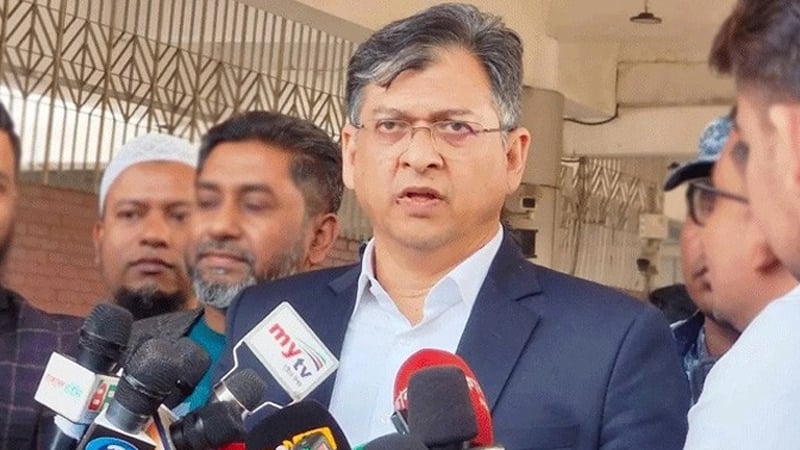
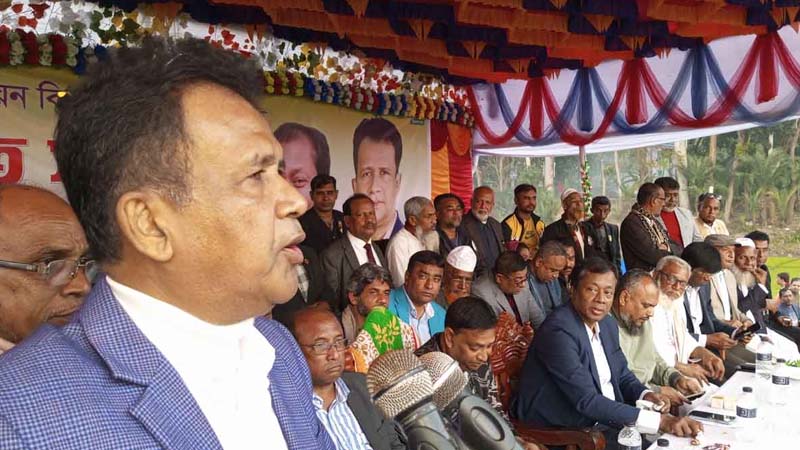



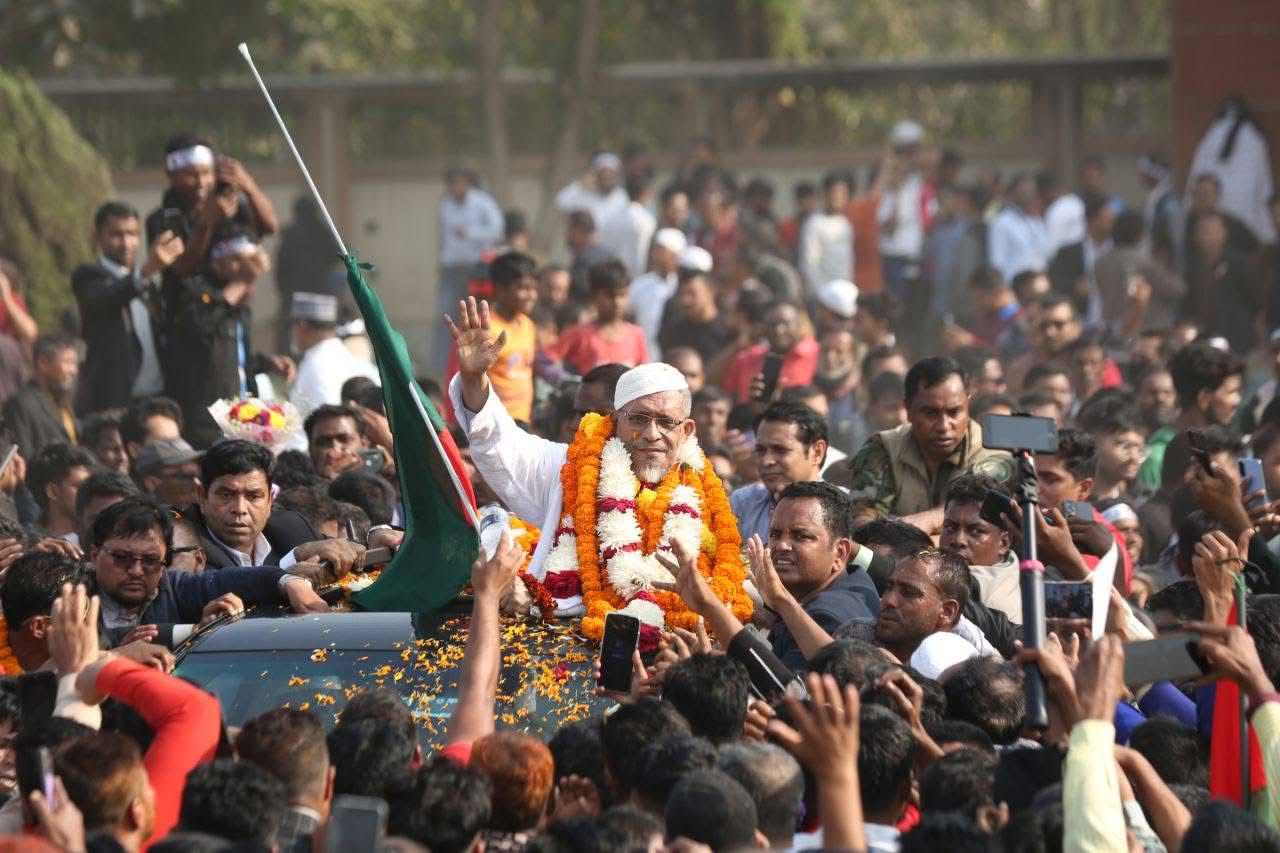
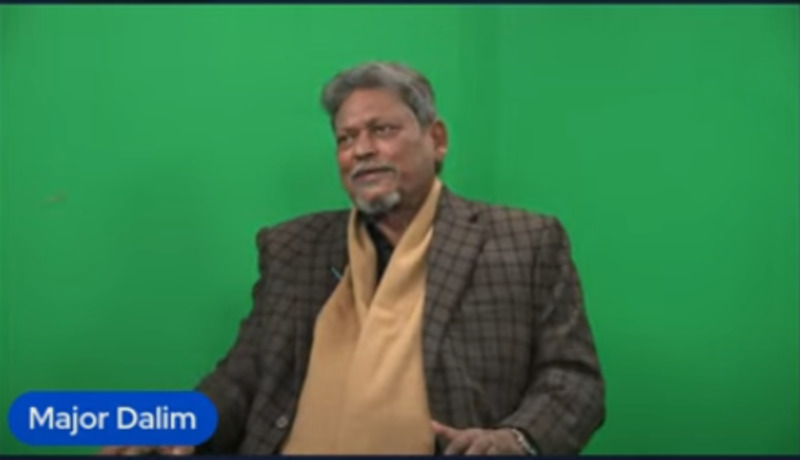
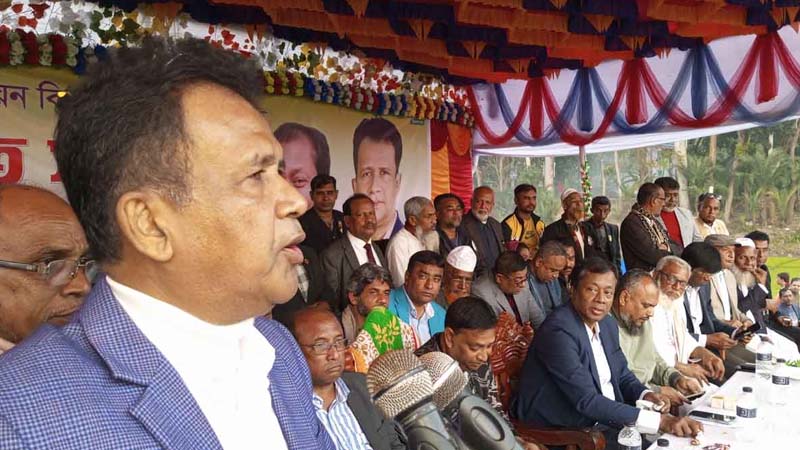
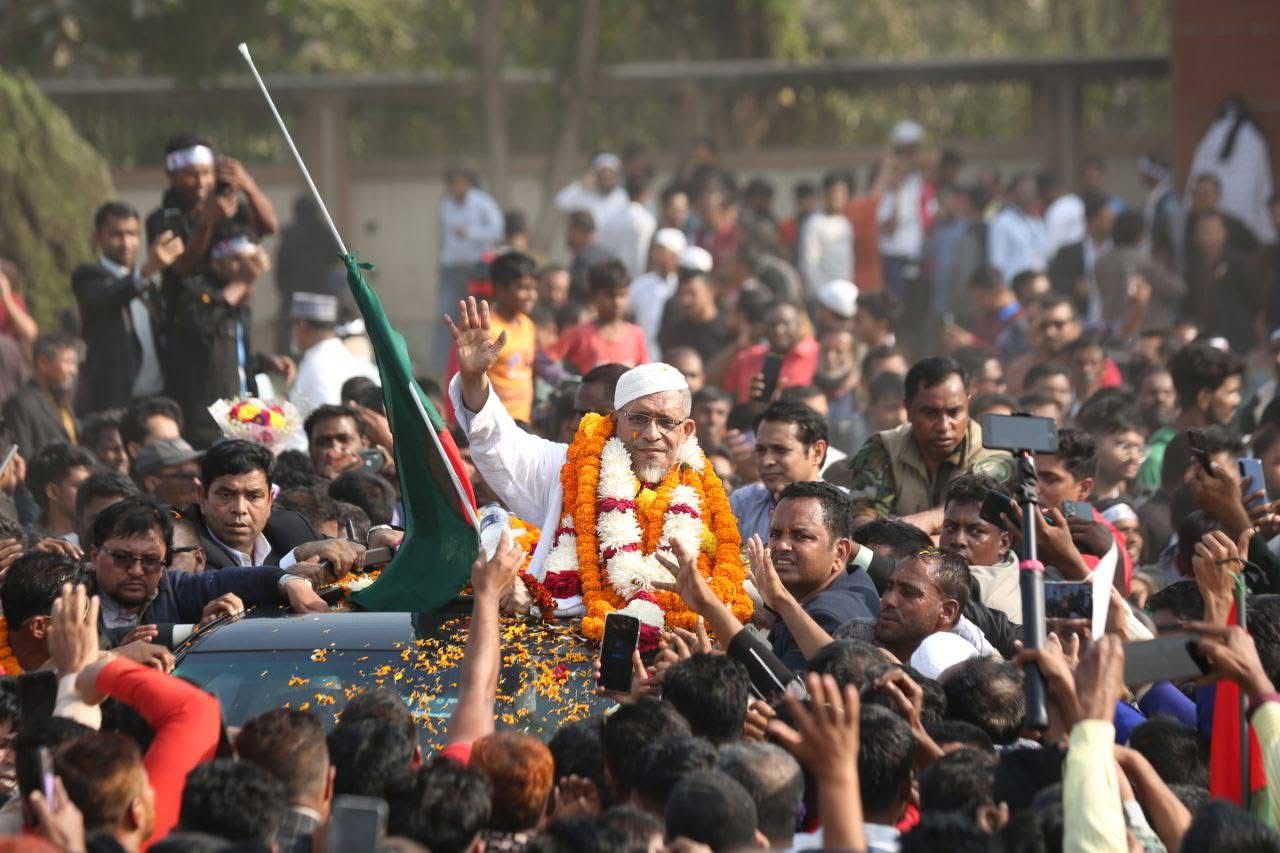
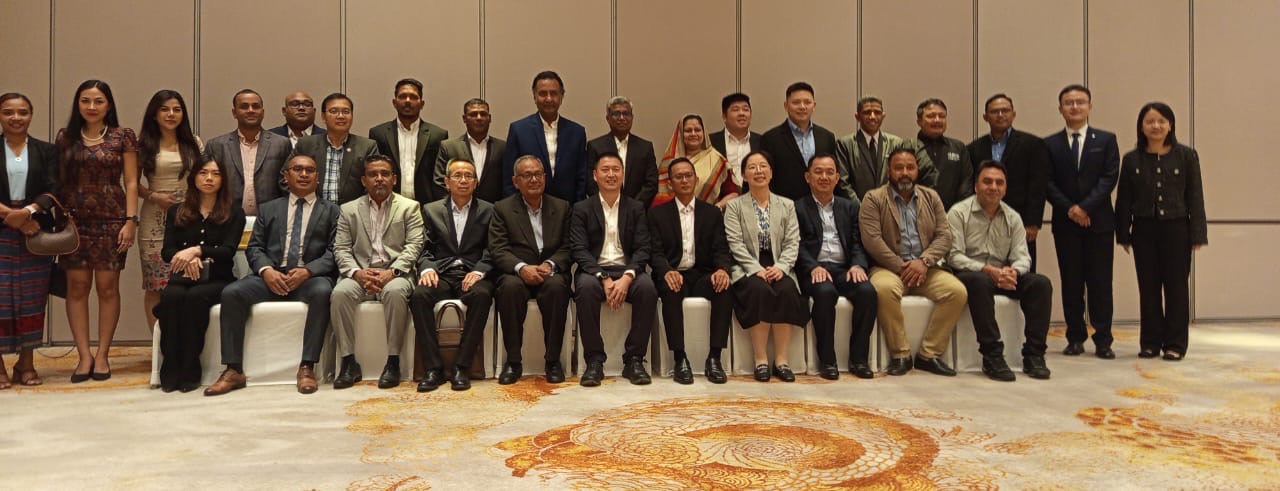
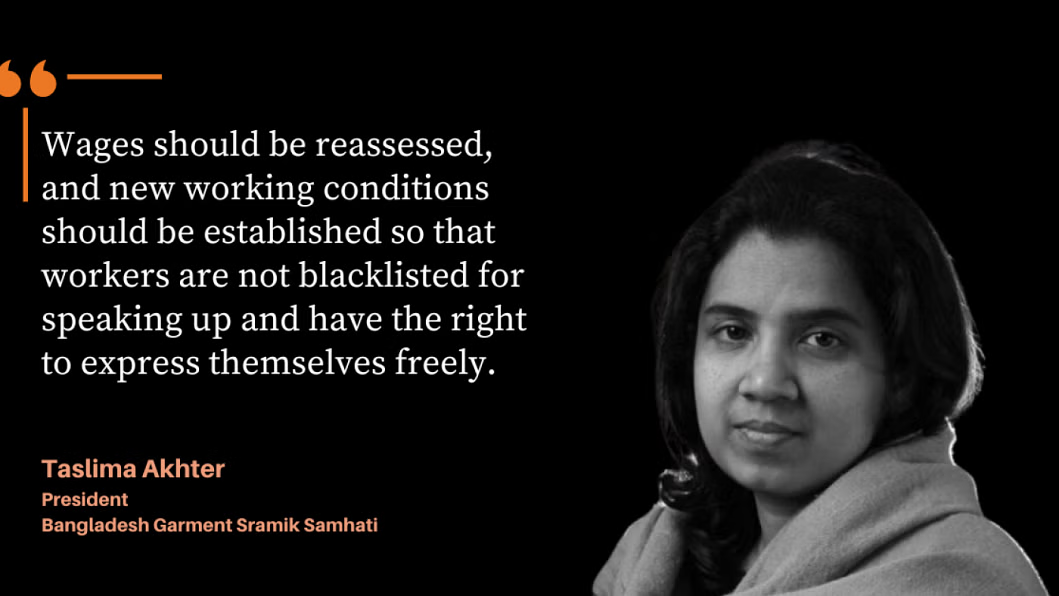
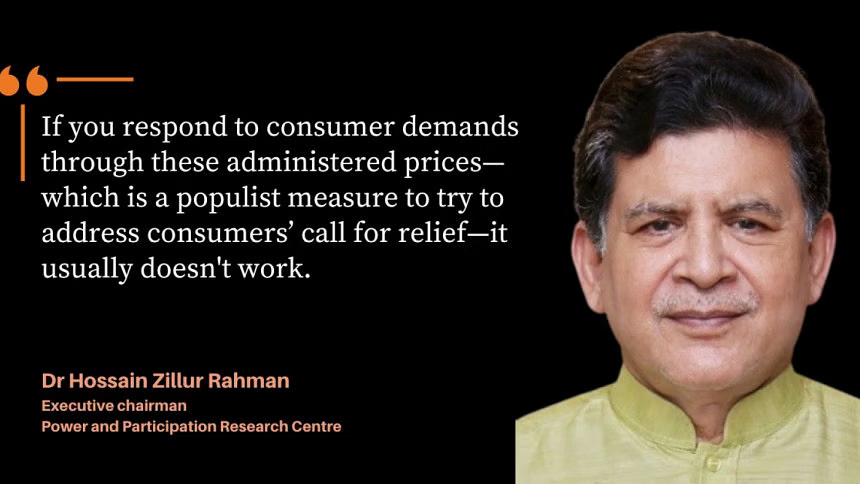
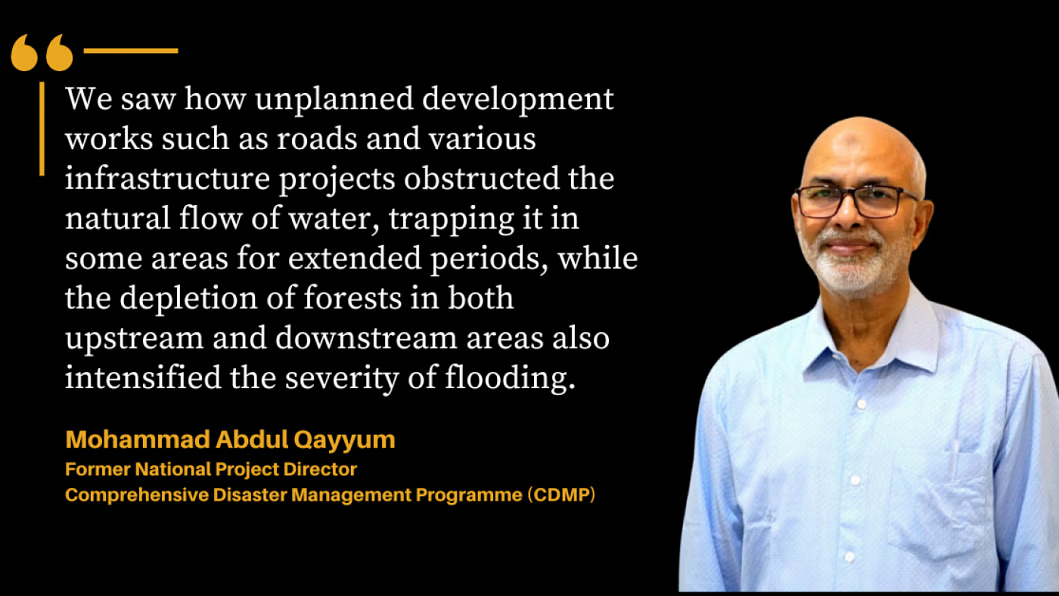
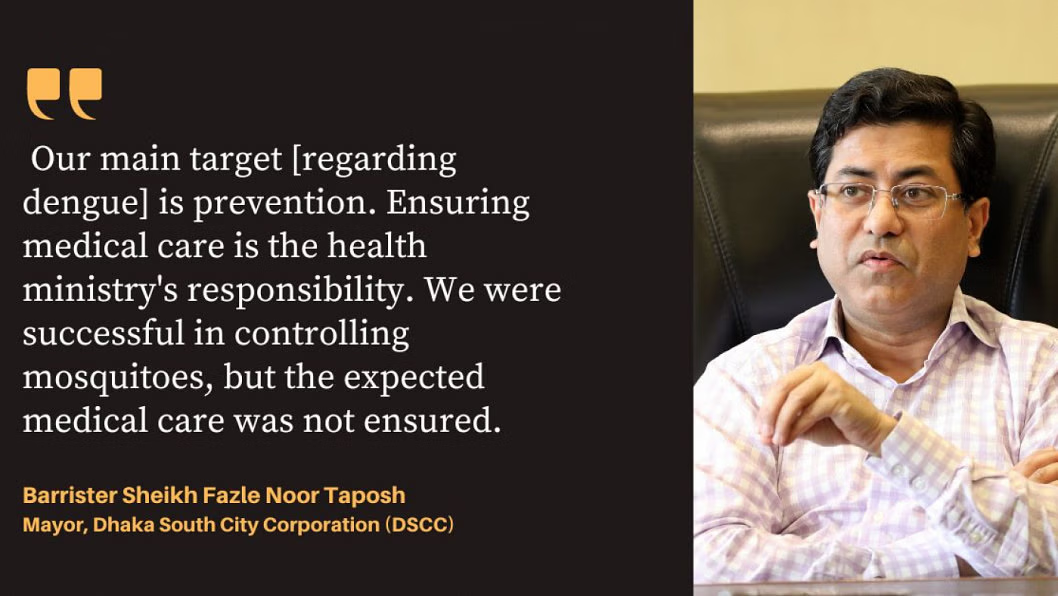
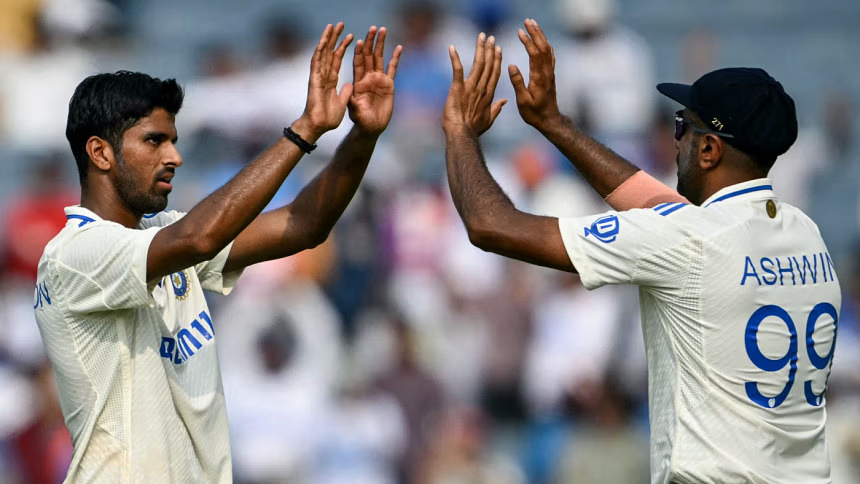

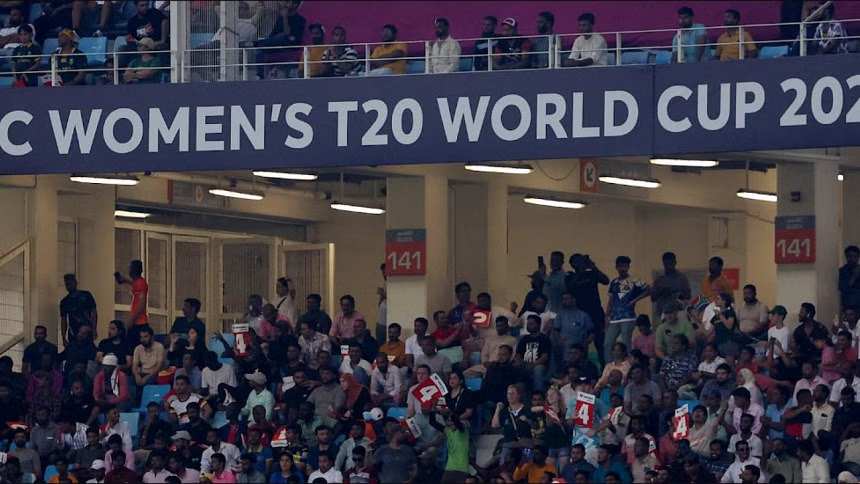


Make Comment 💬